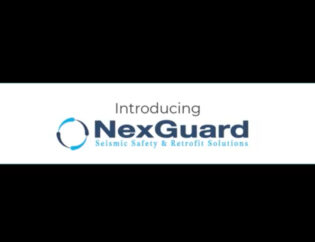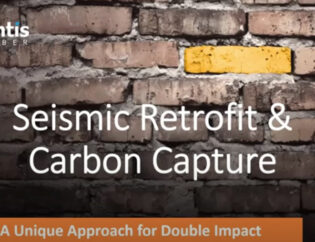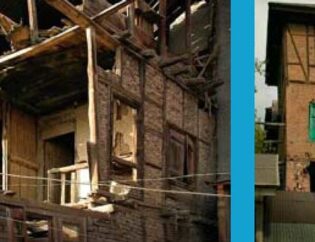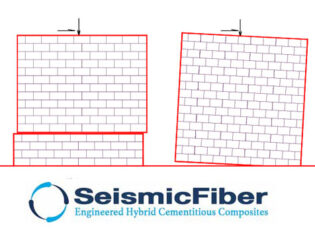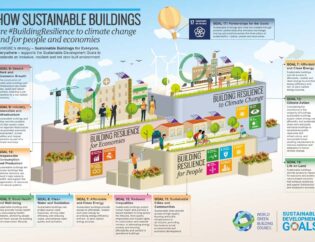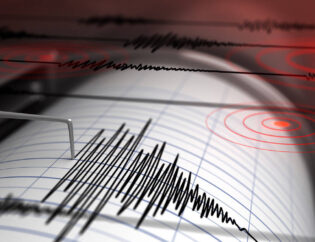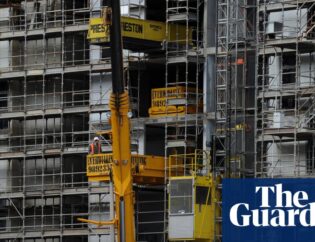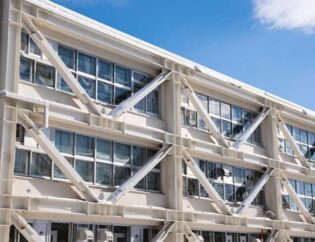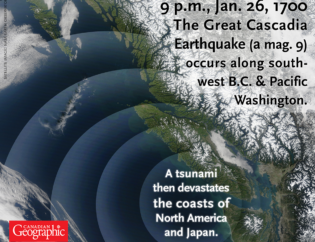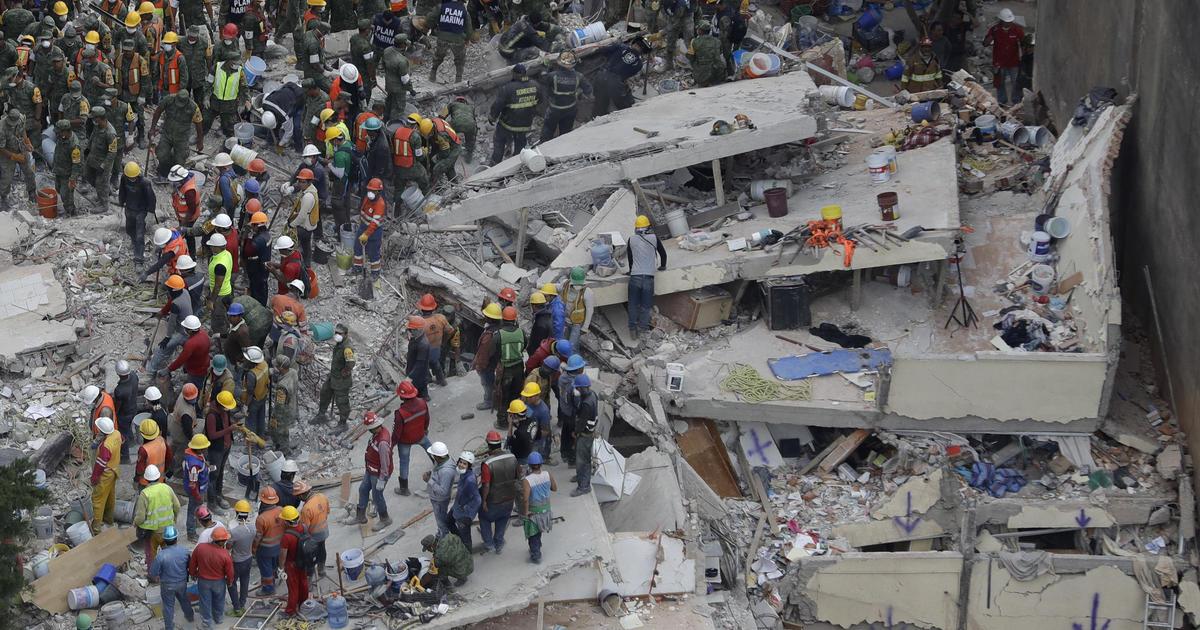
In a report from OPB (Oregon Public Broadcasting), schools in the State of Washington started classes in school buildings deemed to be at risk of collapse in a strong earthquake.
Structural engineers hired by the Washington State Department of Natural Resources visually inspected 561 school buildings over the past four years, assessed the underlying geology and reviewed architectural drawings where available. The report they prepared assigned a star rating to each school ranging from one star on the low end up to five stars for the safest schools. Ninety-three percent of the school buildings assessed got a one-star structural safety rating. Four percent had two-star ratings and only three percent were rated three-star or better. ~ Article on OPB
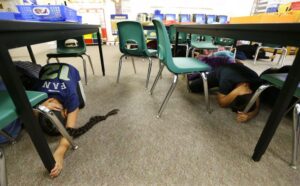
Children in Anita Blaisdell’s first-grade class at Midland Elementary School in Tacoma, Wash., take shelter under tables during an earthquake drill, Thursday, Oct. 20, 2016, at Midland Elementary School in Tacoma, Wash. Schools, businesses, and community organizations conducted similar exercises across the state Thursday as part of the annual Great Washington ShakeOut earthquake and tsunami readiness program.
FROM OPB: “The one-star buildings do mean there is a risk of collapse in multiple or widespread locations in that school building,” said Corina Allen, chief hazards geologist at the state Department of Natural Resources and leader of the School Seismic Safety Project. Allen said the high percentage of deficient, old buildings was “not too surprising” given how the schools in the study were selected. “We were purposefully looking at higher risk school buildings and schools that were located in high seismic hazard areas and tsunami inundation zones,” Allen said in an interview. “The newer schools are expected to perform much, much better in a large earthquake.”
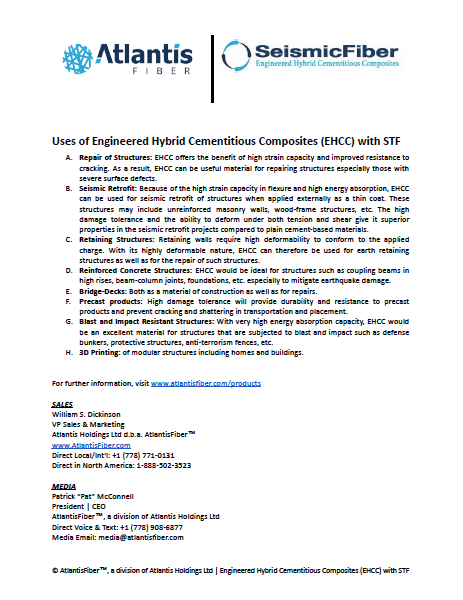 Introducing SeismicFiber™ – an Engineered Hybrid Cementitious Composites (EHCC) that is very economical to produce and superior in quality & environmental considerations — including life cycle duration and maintenance costs — in comparison to all alternative forms of construction (no concrete-pun intended).
Introducing SeismicFiber™ – an Engineered Hybrid Cementitious Composites (EHCC) that is very economical to produce and superior in quality & environmental considerations — including life cycle duration and maintenance costs — in comparison to all alternative forms of construction (no concrete-pun intended).
Download Uses of Engineered Hybrid Cementitious Composites (EHCC) with STF
Our SeismicFibre™ blend provides a proprietary mixture that excels by being a unique secondary reinforcement that is engineered to be easily workable with seismic retrofit technologies such as Shotcrete. In fact, a 10-millimeter-thick (0.4 inch) layer of our EHCC is enough to reinforce existing interior walls and support structures and is able to withstand seismic events of 9.0 on the Richter scale.
SeismicFiber™ has been specifically developed to be used globally for a multitude of uses in concrete, including:
■ Seismic Repair of structures especially those with severe surface defects.
■ Seismic Retrofitting in Schools & Buildings
■ Seismic Retrofitting on Bridges and Infrastructure
■ Shotcrete & Seismic Spray Retrofitting Applications
■ Commercial Slabs-On-Ground
■ Precast Products
■ Blast and Impact Resistant Structures
■ 3-D Printing
